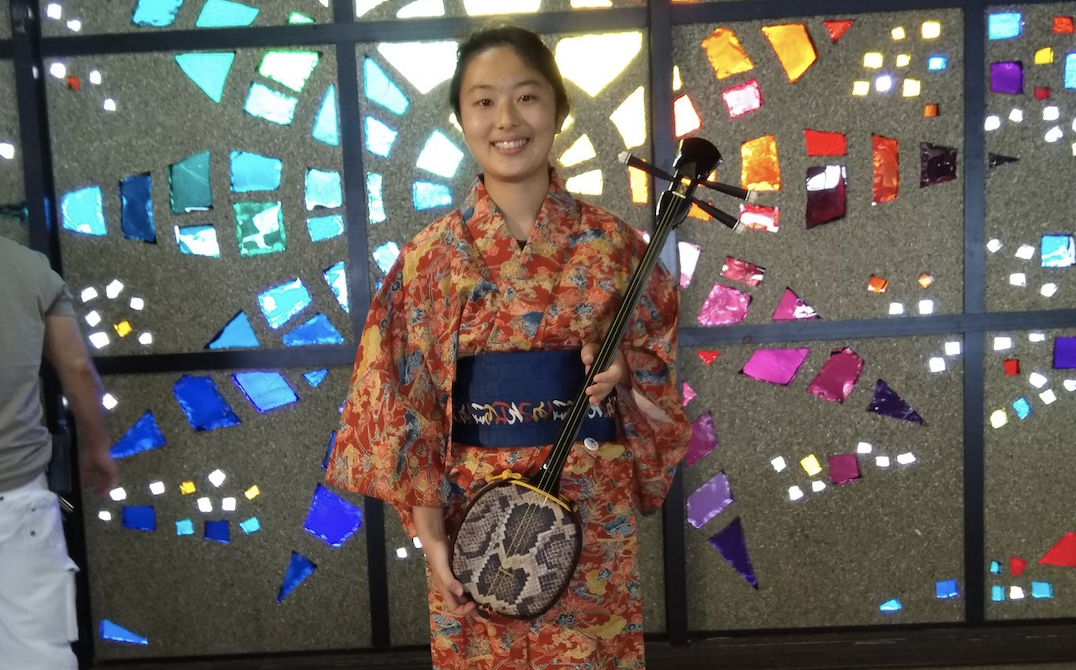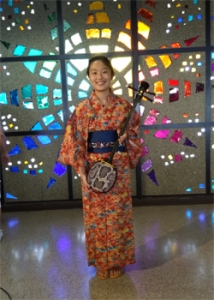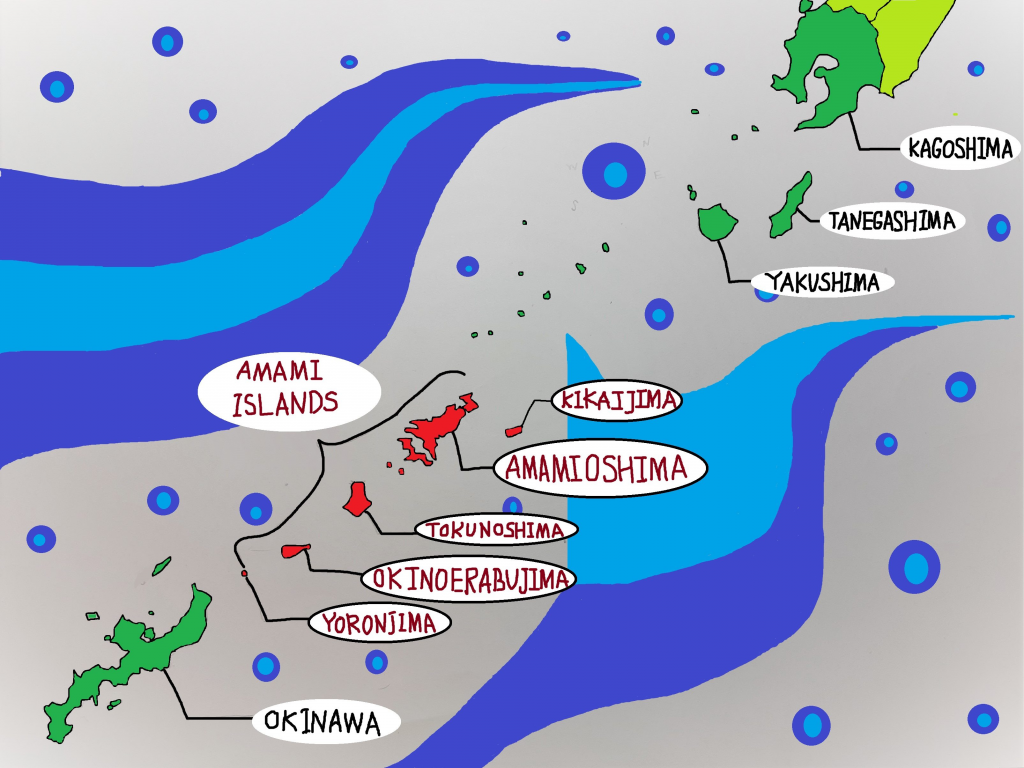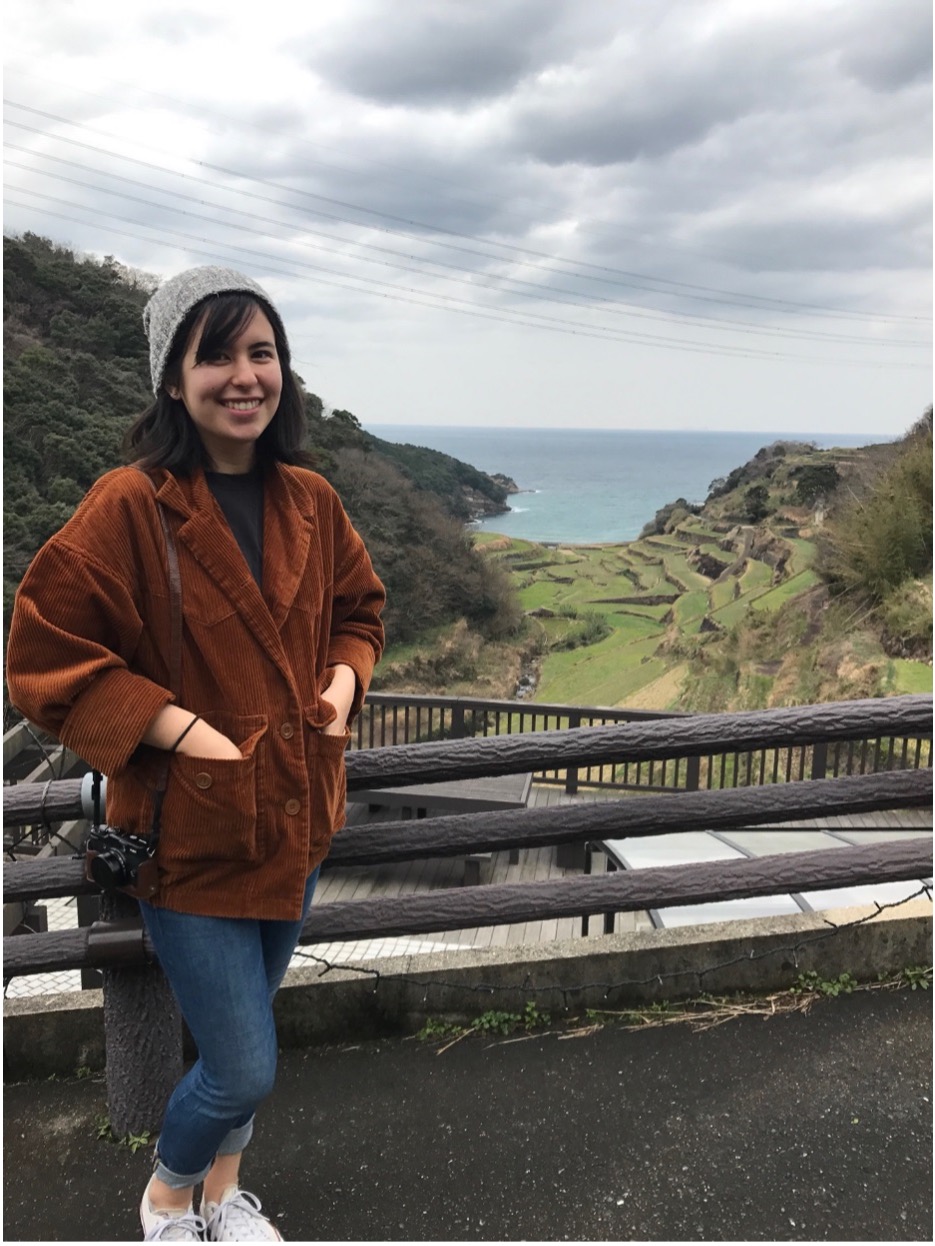We are pleased to announce that Dr. Takuya Matsuda, Professor at Aoyama Gakuin University in…

Asian Studies Major Iroha Mochida’s Research on Shimauta Folk Music Featured on UH News

UH News featured Asian Studies major Iroha Mochida’s research on Shimauta folk music, in an article highlighting the Undergraduate Research Opportunity Program (UROP) at UH Manoa. Congratulations, Iroha! We are proud of all your accomplishments, and look forward to the results of your research.
We encourage all of our undergraduate students to apply to do research through the UROP program.
Marc Arakaki writes:
Shimauta Folk Music
Iroha Mochida, a senior Asian studies major, spent her childhood in Tokunoshima, one of eight Amami Islands in Japan. There, she studied Shimauta, traditional folk music that has been transmitted orally for centuries. While it experienced a serious decline during the middle to the late 20th century, the music has been revitalized by modern singers. Mochida’s project explores the role of online media in contemporary Shimauta culture through interviews, surveys and interpreting different online media sources. Under the guidance of Anna Stirr, an associate professor and project mentor, Mochida also received support from UROP’s student project funding program.
“UROP has provided a huge support for me to pursue my academic interest,” Mochida said. “I am really grateful that I am conducting my own research project on Shimauta, which I had been hoping to do since my freshman year. They offer financial support as a research scholarship, and it helped me to purchase relevant sources such as academic books, journals and a subscription of newspapers. The UROP staff is always accessible.”
Marc arakaki, uh news
The Amami Islands are located between Okinawa and mainland Japan. Each island has its own unique culture and style of Shimauta music.

To learn more about the culture of the Amami Islands, and hear Iroha and her brother Itsuki Mochida play Shimauta music, watch the episode of the Hawaii United Okinawa Association‘s YouTube program Yuntaku Live below. Music starts at 30:20, preceded by a fascinating conversation about the Amami islands and their cultural similarities and differences to the Ryukyus. The conversation continues between the performances!





